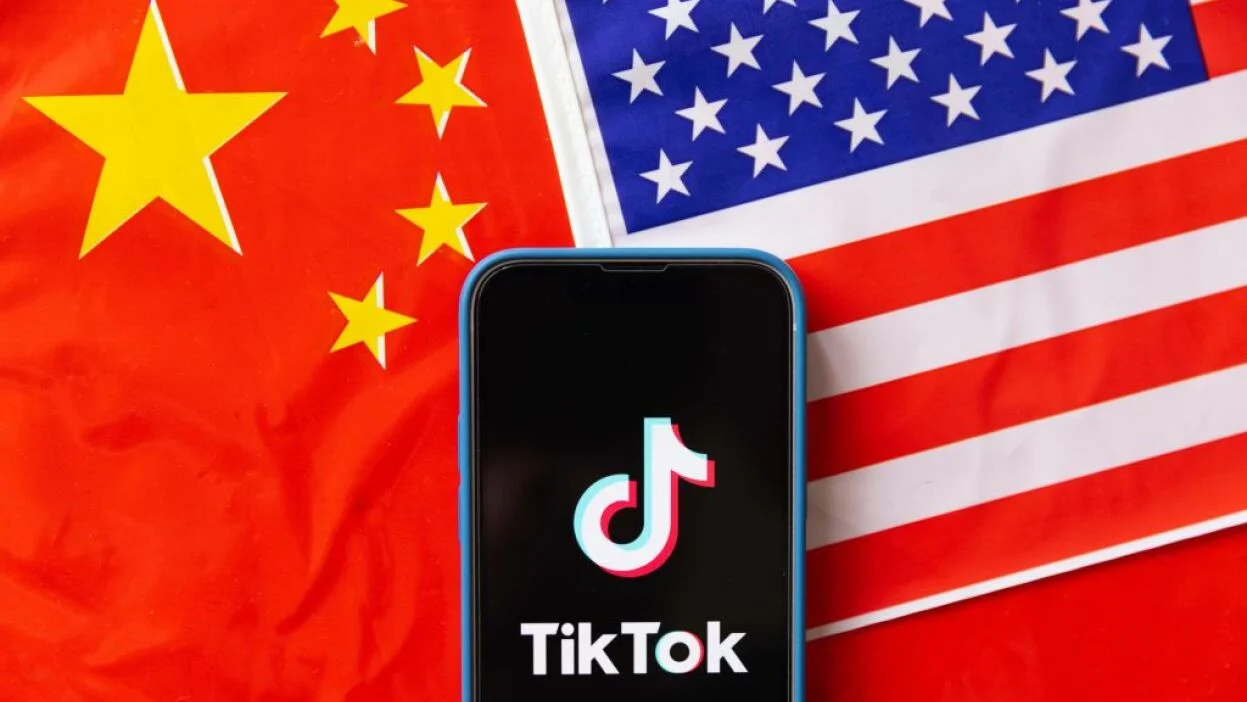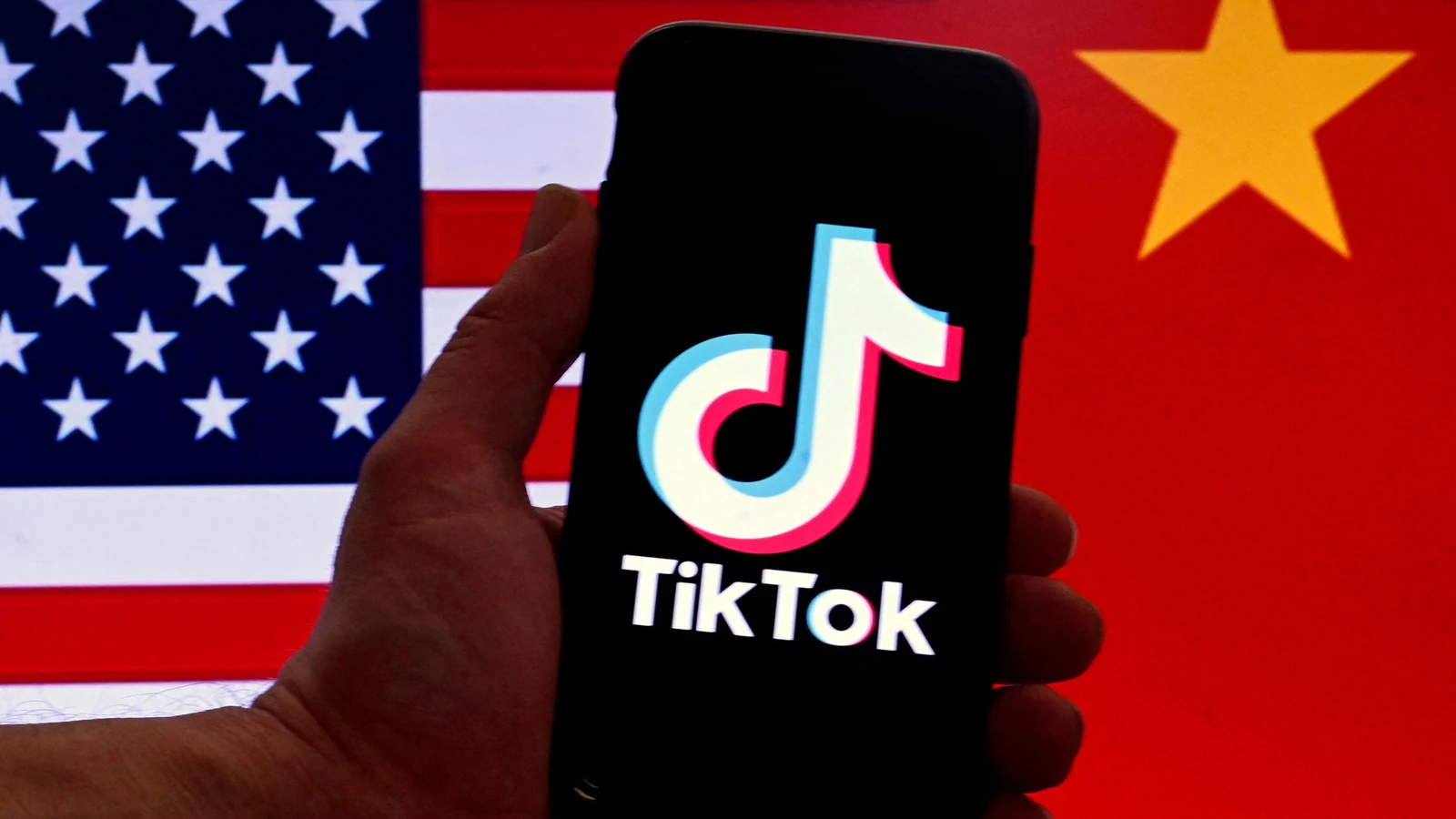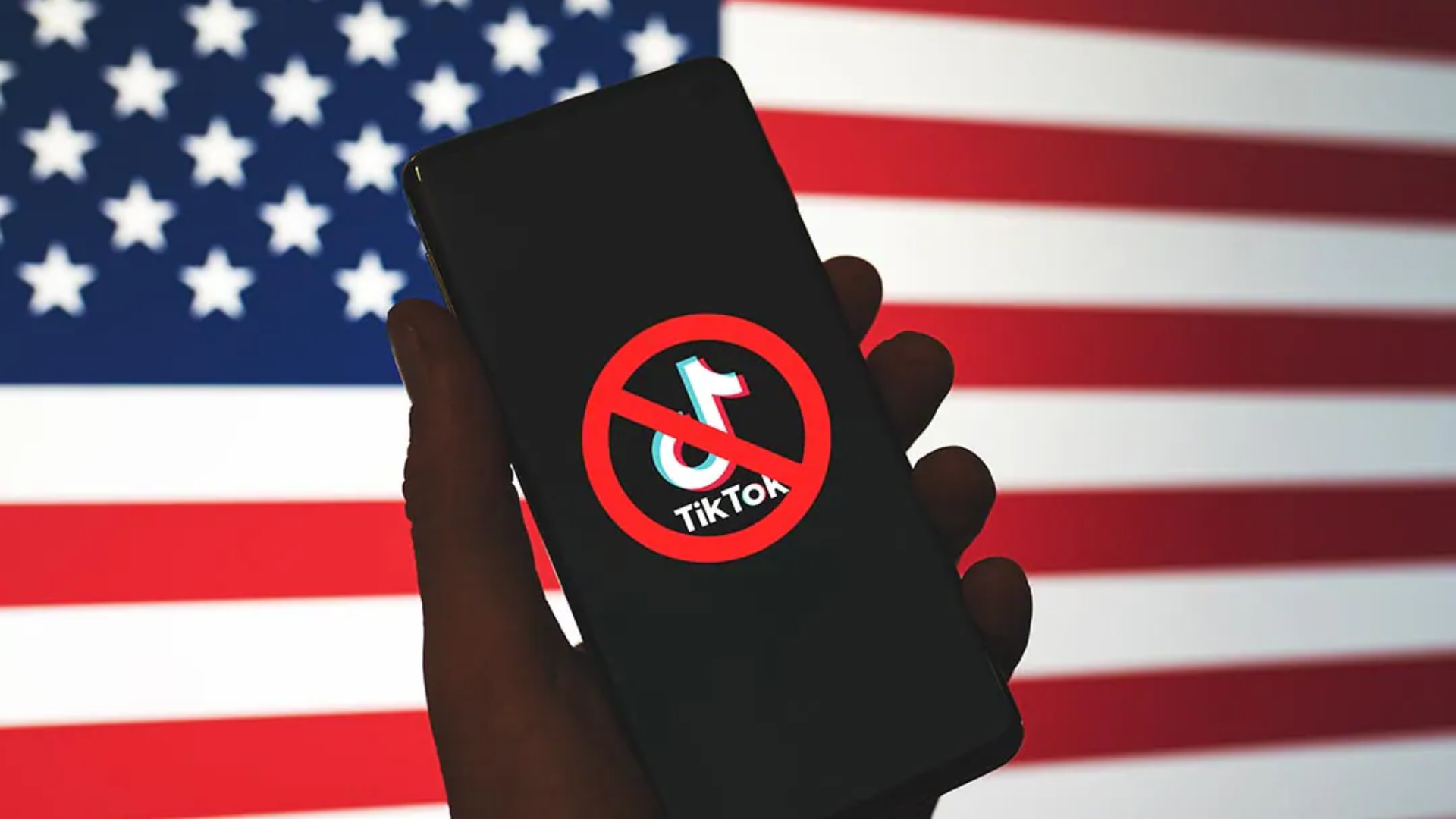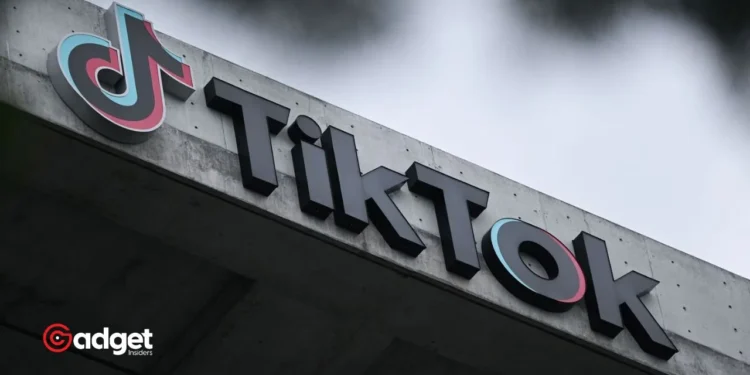In a landmark move, the US government has enacted legislation targeting TikTok, the social media giant, stirring a potential upheaval for small businesses and content creators who have flourished on the platform. The newly signed law requires TikTok’s parent company, ByteDance, to divest its ownership to non-Chinese entities or risk a comprehensive ban in the United States.
This decision unfolds against a backdrop of TikTok’s pronounced influence on both the US and global economies. Data from the social app highlights its substantial role in business, where it’s reported to have generated $15 billion in revenue for small US businesses in 2023 alone.
Furthermore, the app’s impact extends beyond American borders, with the app significantly contributing to the GDP of several European countries, emphasizing its global economic stature.

The Heart of the Economy: Small Businesses and Creators
Among those most vulnerable to the repercussions of a ban are the millions of American small businesses and creators who utilize TikTok not just as a marketing tool, but as a critical revenue stream.
For example, Shira, an Australian transplant and full-time creator, has amassed over 500,000 followers by engaging deeply with her audience through regular posts and live streams. She expresses profound concern over the potential ban, noting the uncertainty it casts on her livelihood and the broader creator economy.

Ileana Justine, another prominent creator, shares similar apprehensions. Her content, which often explores the intersection of lifestyle and political issues, has helped transform her platform into a viable business, turning what was a side project into a sustainable career.
Ileana worries about the broader community of part-time and full-time creators who may find themselves without a means of support in the wake of the ban.
Searching for Alternatives in a Post-TikTok World
The looming TikTok ban compels businesses to consider alternative strategies and platforms to maintain their presence online. Mohammad Rahman, a professor at Purdue University, suggests that reverting to pre-social media business models is not feasible in today’s digital economy.
Instead, businesses must adapt to changing consumer behaviors and the new dynamics of information gathering and shopping.
The search for viable alternatives is echoed by Kristen Schiele, an associate professor at USC, who points out the challenges of capturing the attention of Gen Z consumers outside of the social app. The platform’s unique ability to engage this demographic makes finding an equivalent medium a daunting task.

Global Ripple Effects
The potential ban also threatens to disrupt international markets, particularly affecting entrepreneurs outside the US who rely on American audiences.
From cosmetic brands in Korea to various startups across Europe, the ban could sever crucial economic ties, forcing international businesses to pivot and find new avenues to reach US customers.
A US TikTok ban could take a bite out of small businesses – https://t.co/xCyLFaWoNQ https://t.co/XVsT8xCJtK
— Business Agent (@Business__Agent) April 26, 2024
More Than Revenue: Community and Connection
Beyond the financial implications, TikTok has fostered a sense of community and connection among its users. Matt McGuckin, known as Dappz Sports, credits the social app with not only enabling his business to thrive but also creating a space for shared experiences and discussions around sports.
The platform has been instrumental in building his business and community, illustrating that TikTok’s value extends well beyond its direct monetary contributions.
Navigating Uncertain Waters
As the US and possibly other governments scrutinize TikTok’s operations, the consequences of a ban could ripple through various layers of the economy and society. For many, TikTok is more than just a platform; it’s a vibrant community and a vital economic artery.
The future may require significant adaptation, but the resilience and ingenuity of TikTok’s user base suggest that creativity will find a way to thrive, irrespective of the platform.










